
We use cookies to improve your experience on our website. By continuing to browse this website, you agree to our use of cookies. For more information, please refer to our privacy policy.

It’s a debate as old as advertising itself and one that continues to spark passionate discussions to this day: What truly makes for an effective ad? While what’s ‘in’ today in the advertising world is often ‘out’ tomorrow, the fundamental pillars for success remain as relevant as ever.
Over more recent times some marketing experts have attempted to separate advertising’s role as a catalyst for short-term sales (‘activation’) and long-term brand growth (‘fame’), but our experience has shown that the very best advertising can and does deliver on both. Prioritizing one over the other is often a false dichotomy that only leads to wastage.
Adopting a robust methodology grounded in the wealth of empirical evidence available is therefore critical. And few have had a greater impact than Professor Byron Sharp of the Ehrenberg-Bass Institute and his seminal publication, How Brands Grow. At its core, advertising is about one thing: building mental availability. This forms the backbone of Cubery’s 3Cs Framework, with advertising that Captivates, Connects, and Compels fueling profitable brand growth.
But what specific tools and strategies do marketers have available at their disposal for achieving this? Well, after testing thousands upon thousands of ads across the globe over the last decade, we’ve distilled this wealth of learnings into 9 core building blocks for success. Through incorporating these learnings while undertaking creative development advertising has the best chance of landing with the ultimate arbiter of creativity—the consumer.
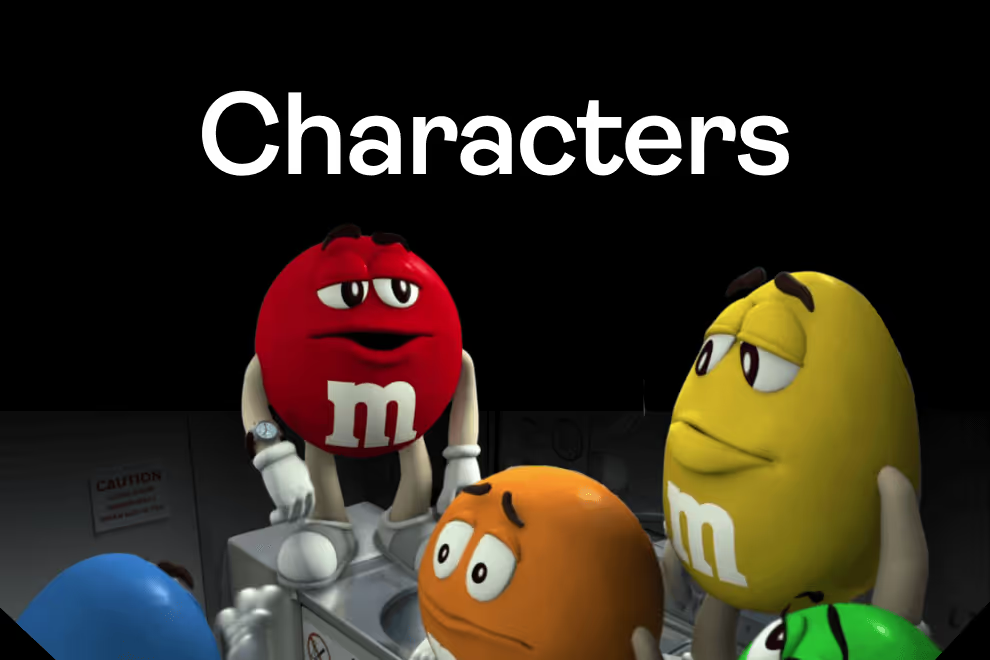
Distinctive, ownable characters—when deployed consistently—serve as powerful mechanisms for making advertising more memorable.
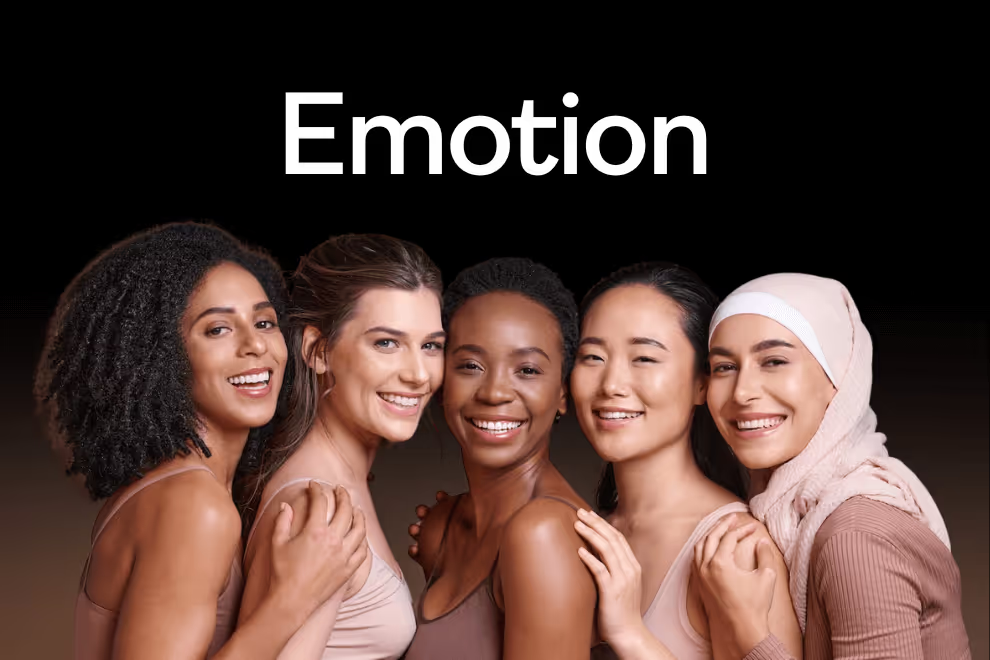
Make people laugh or cry. Show how product benefits ladder up to emotional rewards. Lasting memories start with making people feel something.
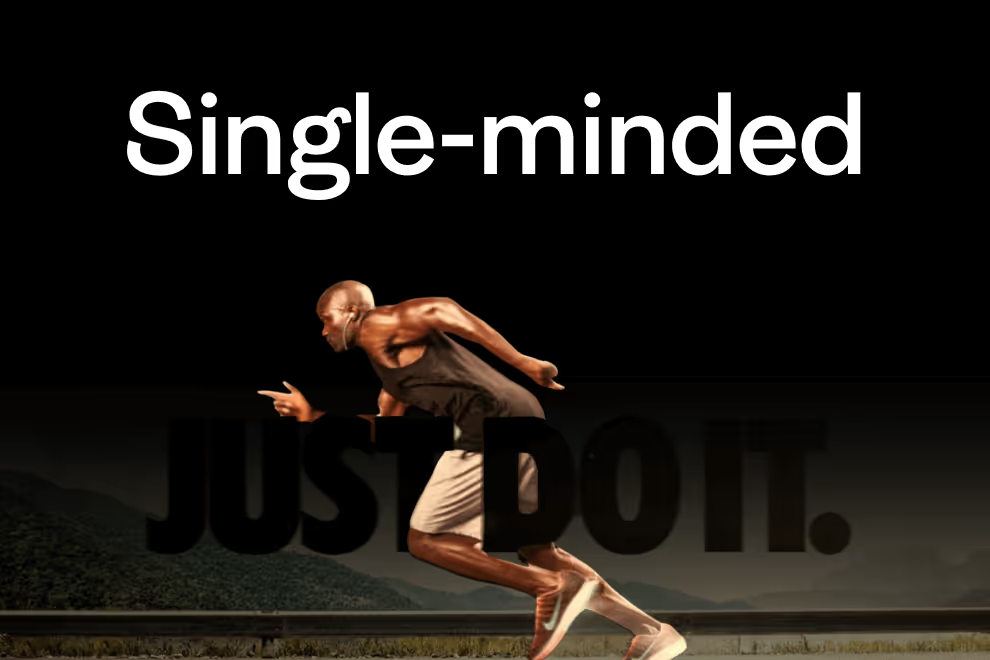
Focus on conveying only one key message, impression, or idea. The more you try to communicate, the more takeaway of everything will be diluted.
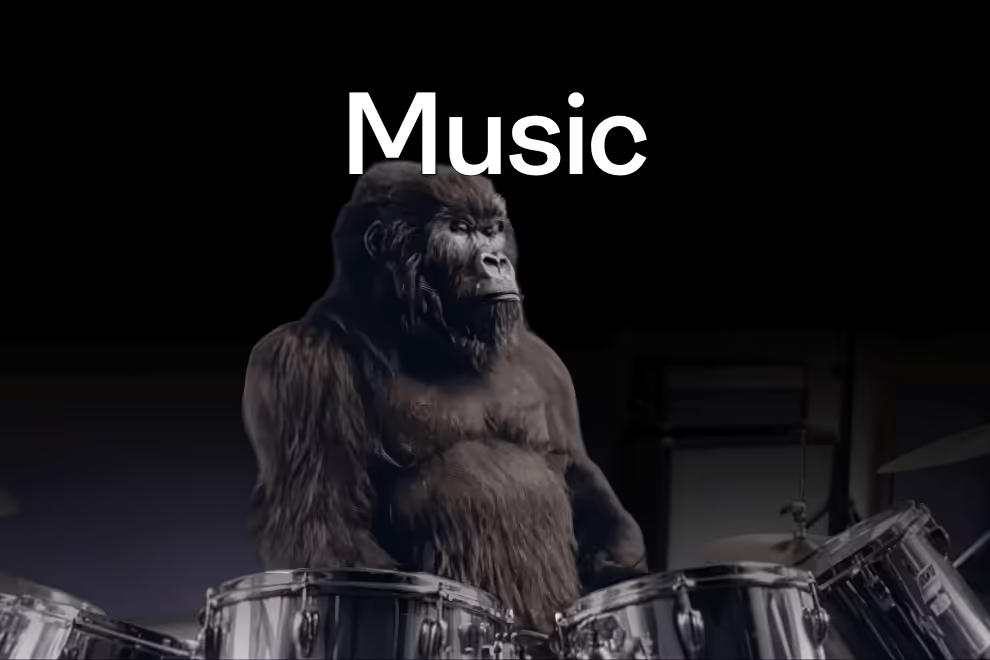
The right soundtrack can alter the entire dynamic of an ad. Amplify emotion by lessening the reliance on product-focused voiceovers/dialogue.
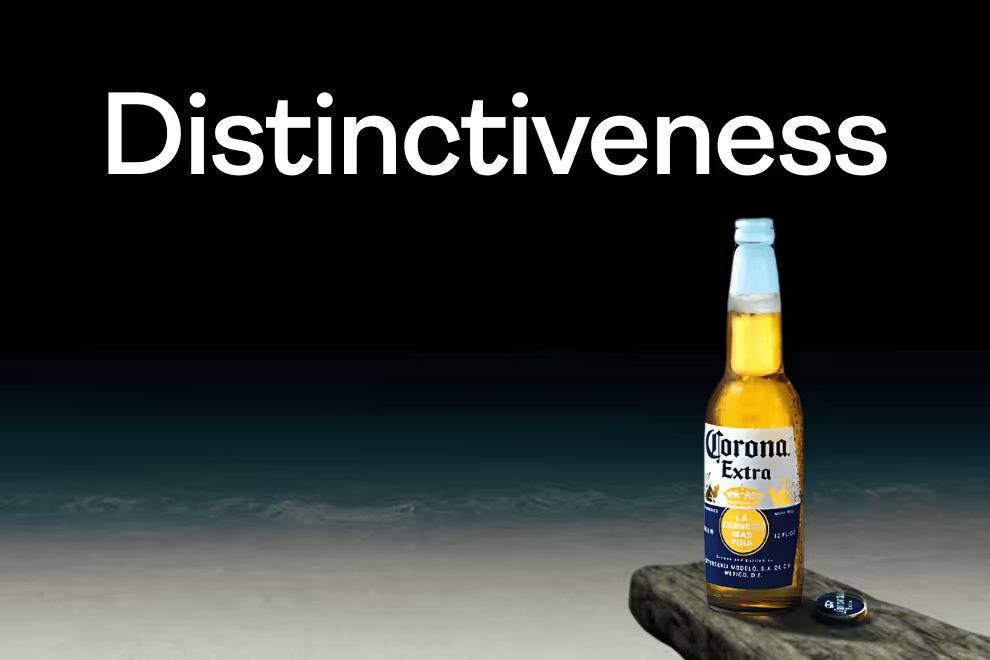
Leverage the brand’s distinctive assets by consistently deploying them in fresh, topical, and contextually relevant ways over time.
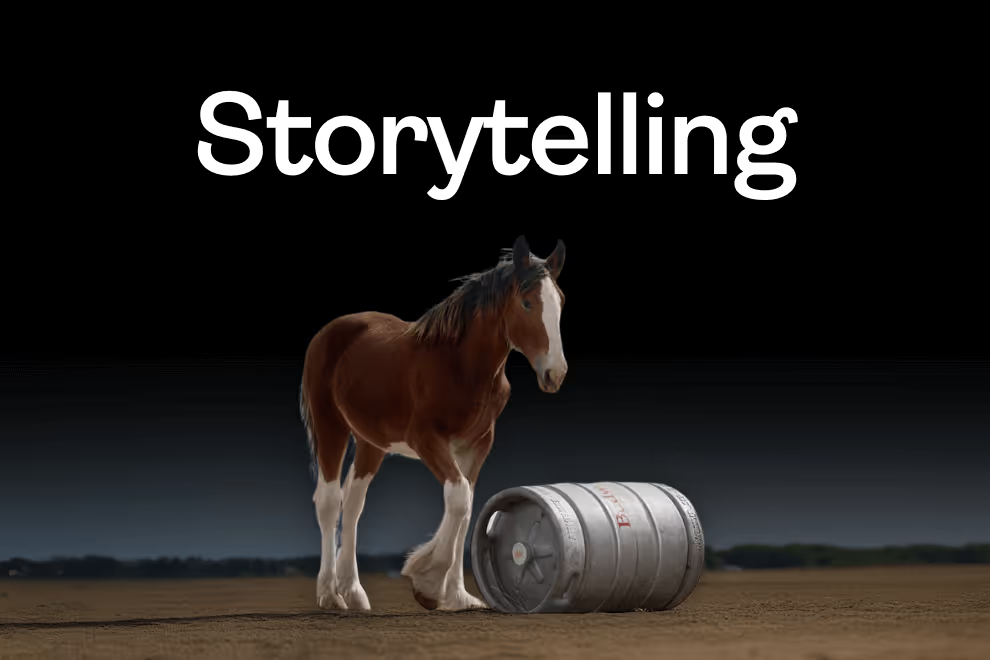
Tell a great story. Take people through twists and turns. Use negative emotions to enhance the impact of an eventual uplifting resolve.
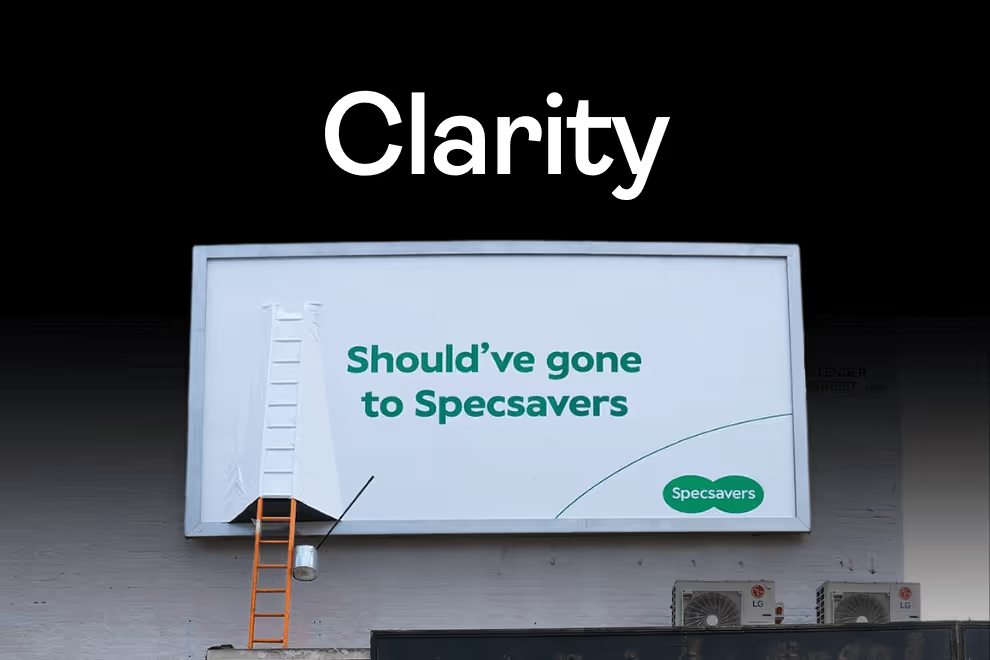
Ensure the narrative and message are clear and easily understood. Give the brand a clear role—both within the story and in facilitating outcomes.
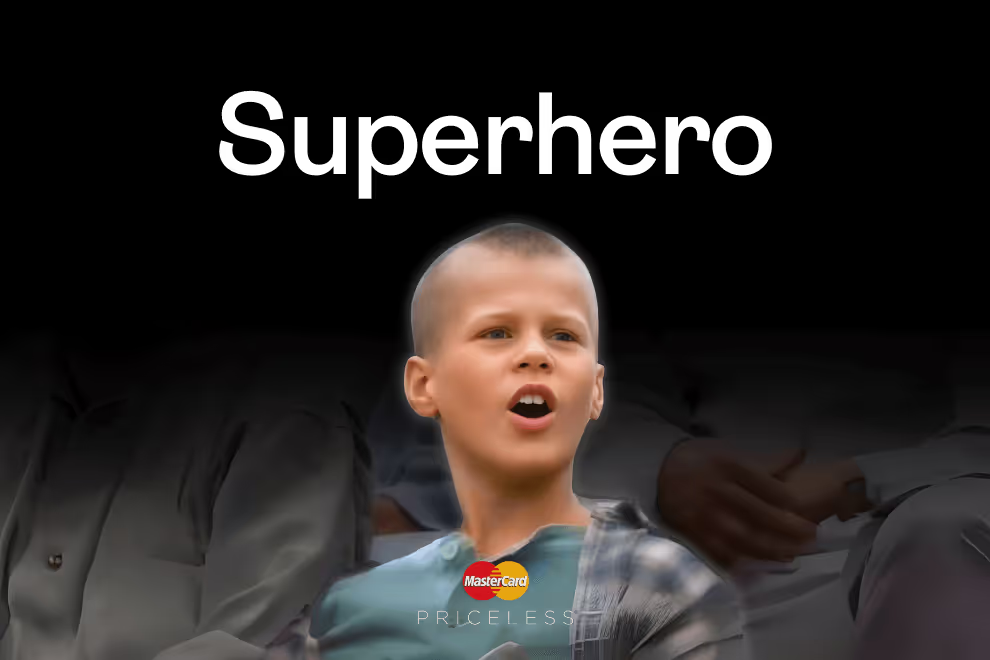
Use the brand to drive the narrative. Feature it during peak emotional moments. Present it as the solution to the problem.
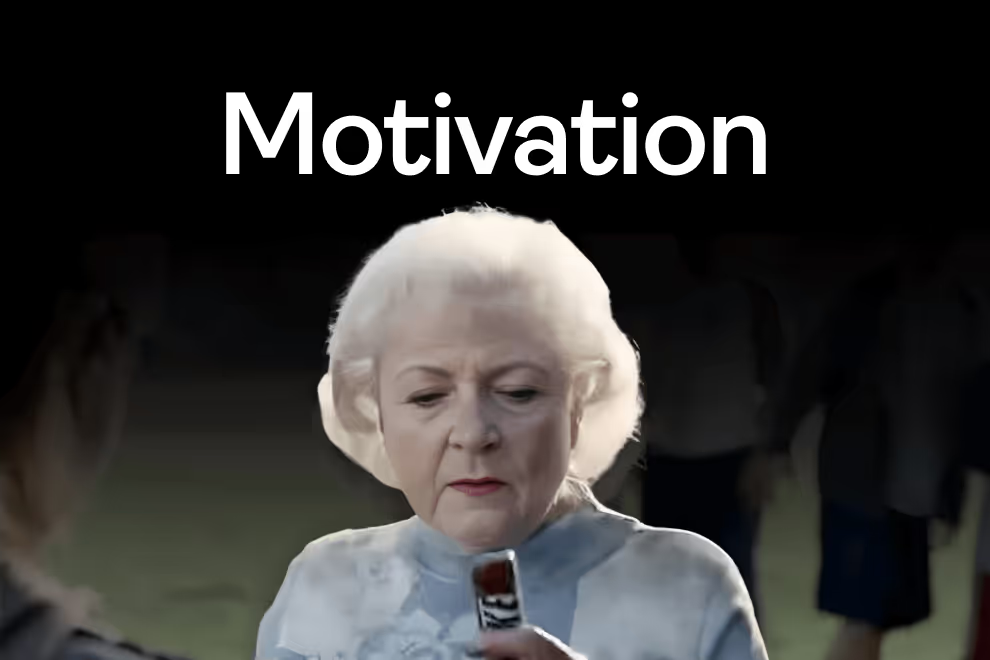
Identify the moments that bring people closer to making purchase decisions, and then show up in the right place, at the right time, with the most effective solution.